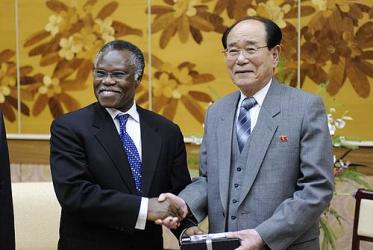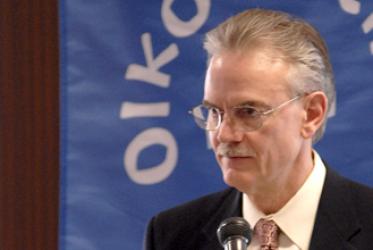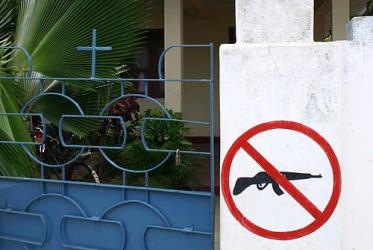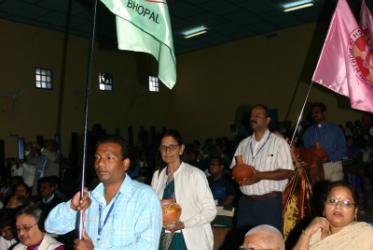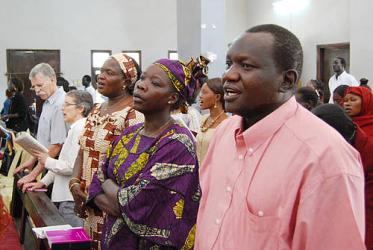Displaying 281 - 300 of 324
WCC concerned over tensions on Korean peninsula
03 June 2010
Taking the pulse of the ecumenical movement
11 May 2010
Churches support Korean reunification at Hong Kong consultation
22 October 2009
Faith and Order: Facets of Faithfulness
10 October 2009
Church advocacy in action at the United Nations
25 November 2008
Sri Lanka's "forgotten war": a call for global church advocacy
20 November 2008
Anti-Christian violence in Orissa reverberates at CNI Synod
21 October 2008
Egypt visit to highlight WCC Middle East focus
12 June 2008
Sudan: churches at a crossroad
04 April 2008





